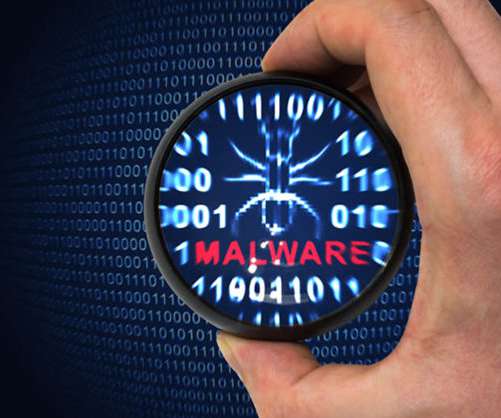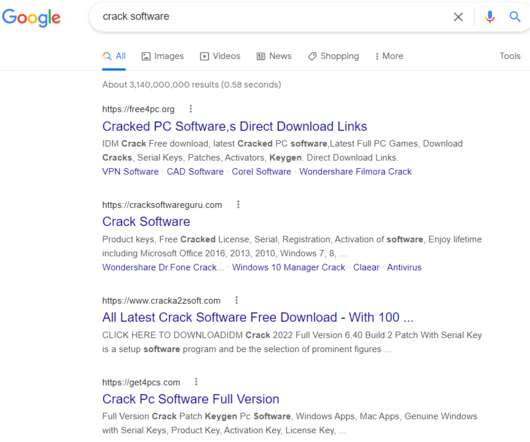US Government defense data stolen by Malware
CyberSecurity Insiders
OCTOBER 5, 2022
Information is out that an advanced persistent threat group has reportedly stolen data from the US Defense servers with the help of CovalentStealer Malware. But the US Government suspects the involvement of Chinese or Russian intelligence in this aspect. Presently, the origin of the threat actors is yet to be revealed.

















Let's personalize your content